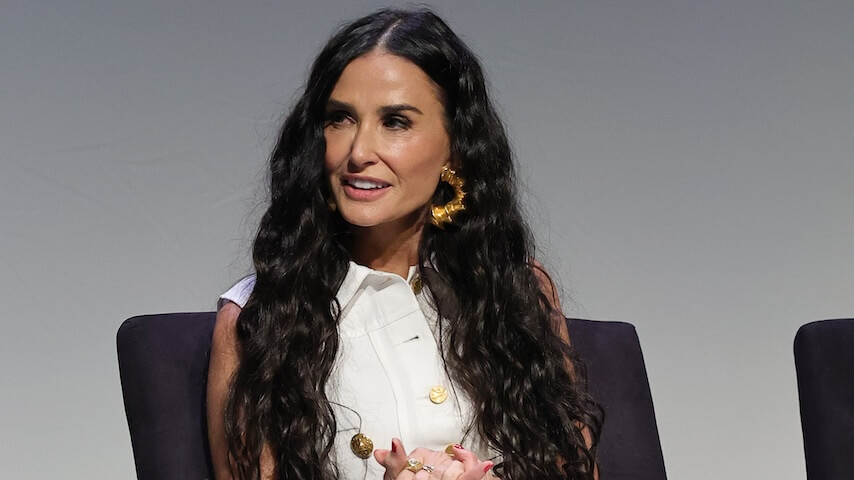Demi Moore recalls painful "narrative" around being the highest-paid actress in the 90s
Demi Moore may have once been the highest paid female star in Hollywood, but—who knew!—success wasn't all it's cracked up to be
Photo by: Theo Wargo/Getty Images
Hollywood’s ageism and impossible beauty standards are a tale as old as time, but the tale is about to get a gruesome upgrade in The Substance. Coralie Fargeat’s upcoming body horror feature about an A-list female star being discarded by the industry and desperate to cling to youth invokes a meta quality by casting Demi Moore as its lead. “The part needed to be embodied by an actress who was a symbol herself,” Fargeat tells Variety in a new piece about Moore. “But I knew those kinds of actresses would be frightened by jumping into something that confronts them with their own phobias. Demi was at a stage in her life where she has confronted all the fears her character has and the violence and self-hatred it can bring on you. She has processed all that in a peaceful way.”








































